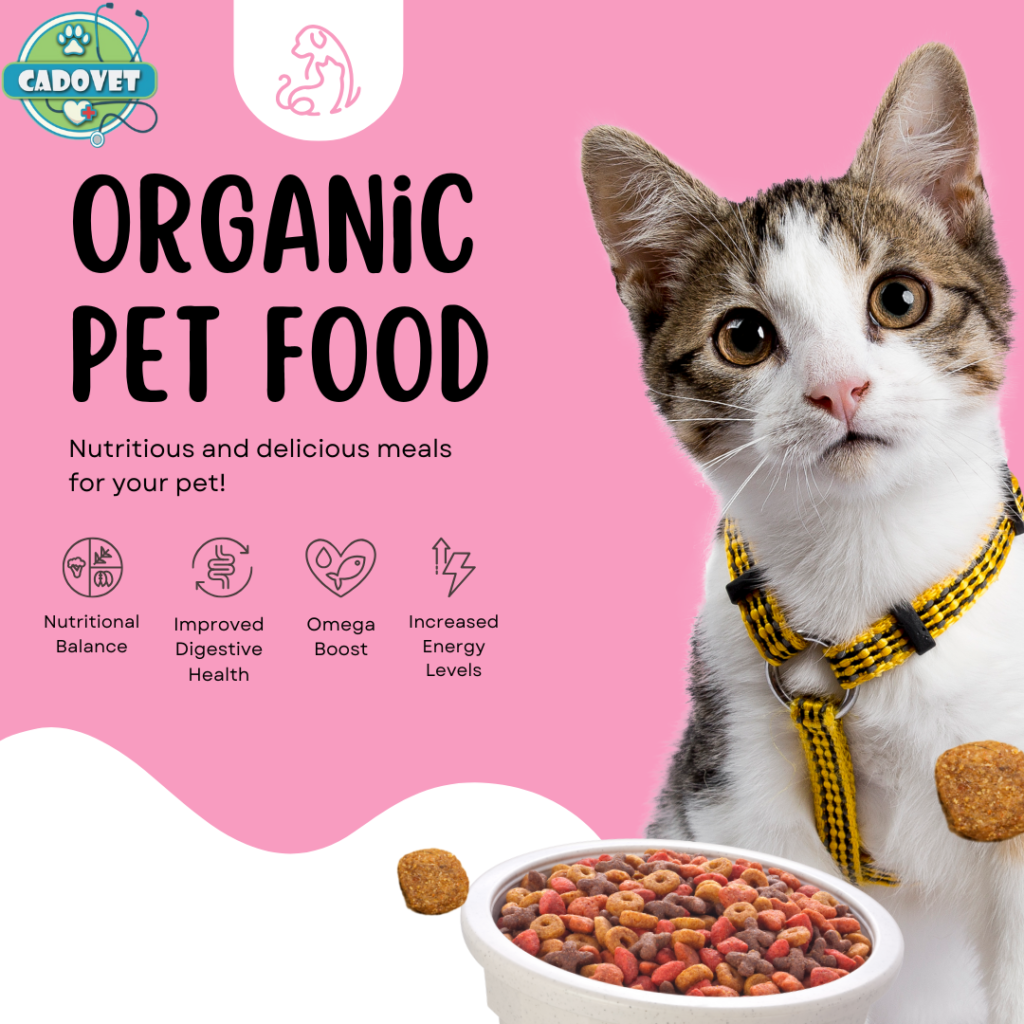🥗 Healthy Diet Tips for Dogs and Cats: A Complete Guide
A well-balanced diet is the foundation of a healthy, happy, and active pet. Just like humans, dogs and cats need the right mix of nutrients to thrive. But with so many options available, how do you choose the best diet for your furry friend? In this guide, we’ll walk you through healthy diet tips for dogs and cats to ensure they get the nutrition they need.
🐾 Why Is a Healthy Diet Important for Pets?
A proper diet:
- Boosts immunity and fights diseases
- Supports healthy skin and a shiny coat
- Improves digestion and energy levels
- Promotes strong bones and teeth
Now, let’s explore some essential dietary tips.

🥦 1. Balance Is Key: Essential Nutrients for Pets
Pets need a balanced diet that includes:
- Proteins: For muscle growth and repair
- Carbohydrates: For energy and digestion
- Fats: For skin, coat health, and energy
- Vitamins & Minerals: For overall body functions
- Water: For hydration and optimal health
Tip: Choose high-quality pet food that meets these nutritional requirements or consult a vet for a customized diet plan.
🍎 2. Include Fresh and Natural Foods
While commercial pet foods are convenient, adding natural foods like fruits, vegetables, and cooked meats can improve your pet’s health.
Safe Foods:
- Dogs: Apples (seedless), carrots, blueberries, and pumpkin
- Cats: Cooked chicken, fish, spinach, and peas
Foods to Avoid:
- Chocolate, grapes, onions, garlic, and anything with xylitol.
🕒 3. Maintain a Regular Feeding Schedule
Pets thrive on routine. Feed them at the same time every day to regulate their digestion and behavior.
Feeding Frequency:
- Puppies/Kittens: 3-4 small meals a day
- Adult Dogs/Cats: 2 meals a day
- Senior Pets: 2-3 smaller, easily digestible meals
🛑 4. Watch the Treats & Portions
While treats are great for training, they shouldn’t exceed 10% of your pet’s daily calorie intake. Overfeeding can lead to obesity, diabetes, and joint problems.
Tip: Use healthy alternatives like cucumber slices or boiled chicken instead of processed treats.
💧 5. Hydration Is Crucial
Water plays a vital role in your pet’s health, aiding digestion, temperature regulation, and overall body function. Ensure clean, fresh water is available at all times.
🧠 6. Understand Special Dietary Needs
Pets with certain conditions like diabetes, kidney disease, or allergies may require specialized diets. Always consult your vet if you notice symptoms like vomiting, diarrhea, or skin irritation.
🐕 7. Choose the Right Food Based on Age and Breed
- Puppies/Kittens: High-protein, calorie-dense food for growth
- Adult Pets: Balanced diet for maintenance
- Senior Pets: Low-calorie, fiber-rich food to support aging organs
Additionally, some breeds have unique dietary needs, so check with your vet for tailored advice.
❓ FAQs: Healthy Diet for Pets
Q: Can I give my dog or cat homemade food only?
A: Yes, but ensure it meets their nutritional requirements. Consult a vet to avoid deficiencies.
Q: Is raw food safe for pets?
A: While some support raw diets, raw meat can carry harmful bacteria. Cooked food is a safer option.
Q: How do I know if my pet’s diet is working?
A: Look for a shiny coat, healthy weight, regular energy levels, and firm stools.
🌟 Conclusion
Feeding your pets the right food isn’t complicated when you stick to the basics—balanced nutrition, fresh foods, regular schedules, and plenty of water. By following these healthy diet tips for dogs and cats, you can ensure a long, happy, and healthy life for your furry family members.
If you need personalized advice, Cadovet is here to help! Our expert vets provide at-home consultations to create the best diet plan for your pet.
